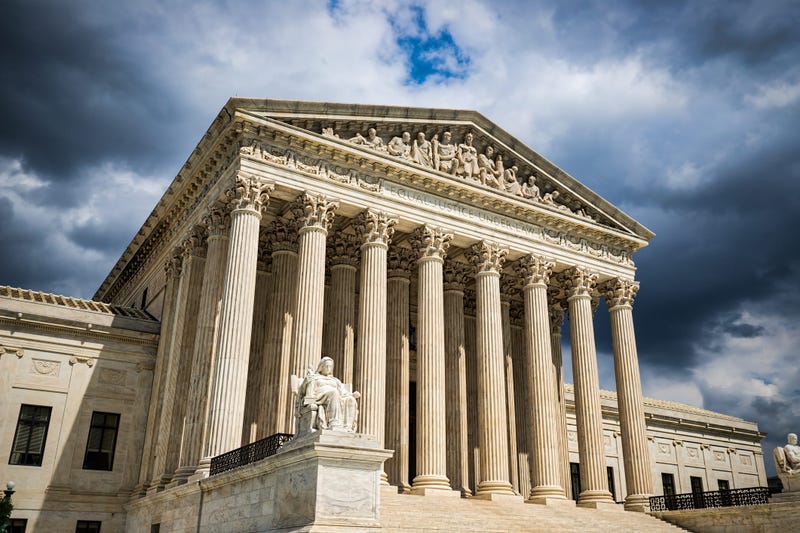
The Supreme Court says federal courts have no role to play in policing political districts drawn for partisan gain. The decision could embolden political line-drawing for partisan gain when state lawmakers undertake the next round of redistricting following the 2020 census.
The justices said by a 5-4 vote Thursday that claims of partisan gerrymandering do not belong in federal court. The court's conservative, Republican-appointed majority says that voters and elected officials should be the arbiters of what is a political dispute.
"We conclude that partisan gerrymandering claims present political questions beyond the reach of the federal courts," Chief Justice John Roberts wrote in the majority opinion.
In dissent for the four liberals, Justice Elena Kagan wrote, "For the first time ever, this court refuses to remedy a constitutional violation because it thinks the task beyond judicial capabilities."
She added, "Of all times to abandon the Court's duty to declare the law, this was not the one. The practices challenged in these cases imperil our system of government. Part of the Court's role in that system is to defend its foundations. None is more important than free and fair elections. With respect but deep sadness, I dissent. "
The court was asked to consider when politicians go too far in drawing lines for partisan gain in a set of cases arising from North Carolina and Maryland. The North Carolina case was brought by Democrats challenging Republican-drawn maps, while the Maryland case was brought by Republicans challenging a Democratic map.
In 2016, Republicans drew congressional districts that packed Democratic voters into the three districts that translated into landslide victories. In the 2018 midterm elections, the map produced smaller winning margins for Republican candidates, but in more districts.
The case also had implications for the state of Maryland which saw its own challenges with partisan map drawing, in this case by Democrats. Republicans in 2011 disputed a single congressional district in western Maryland, held by a Republican incumbent for 20 years, drawn to benefit the state's Democratic party.
UPDATE: Sen. Amy Klobuchar released a statement in response to the ruling:
